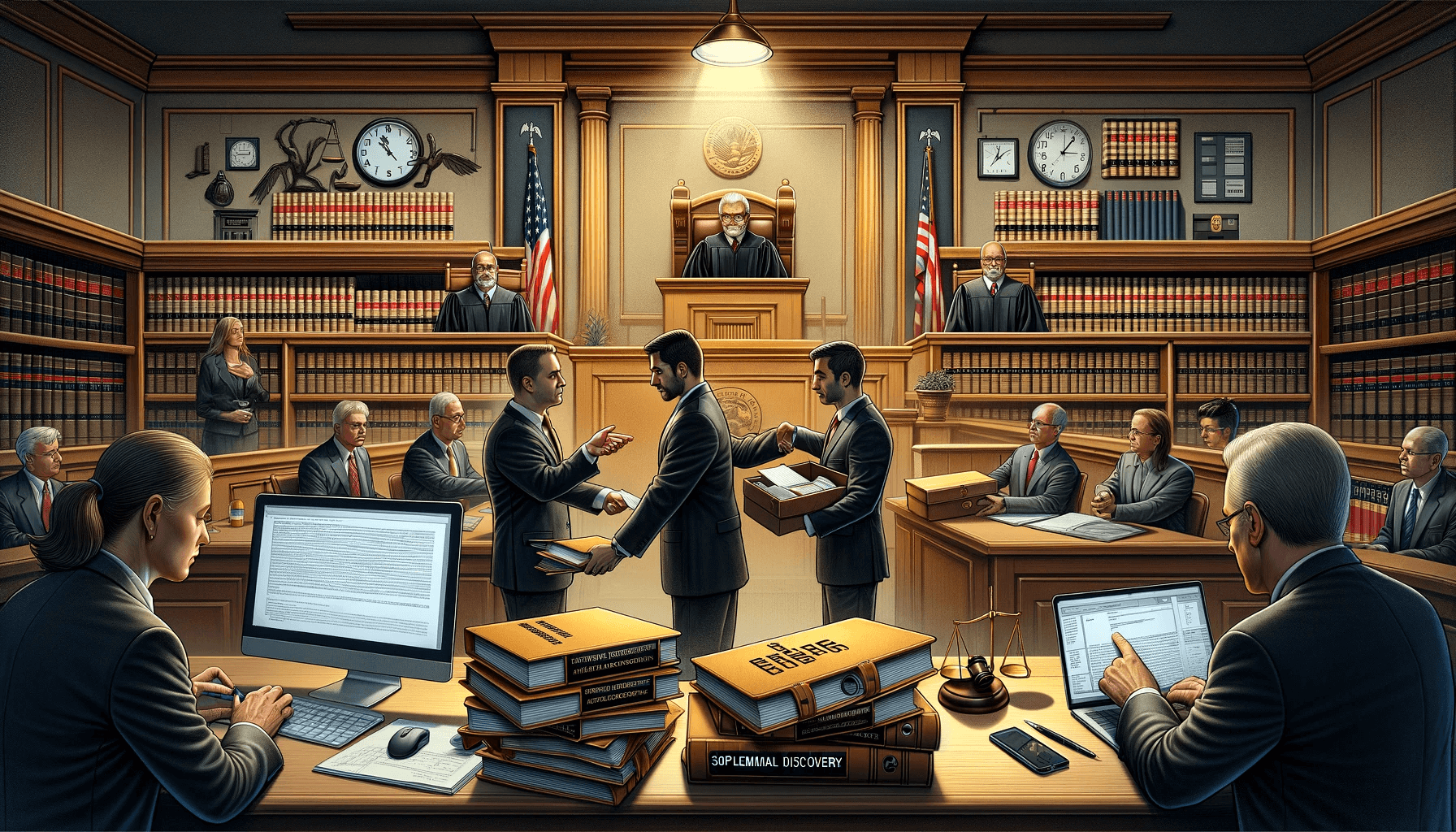Hello! I’m John M. Kaman from Kaman Law Firm, and today we’re exploring a crucial but often overlooked aspect of criminal law: supplemental discovery. This concept plays a pivotal role in the justice process, ensuring fairness and transparency. Let’s delve into what supplemental discovery entails and its significance in criminal cases.
Defining Supplemental Discovery in Criminal Law
Supplemental discovery refers to the ongoing process of disclosing additional evidence or information that emerges after the initial discovery phase in a criminal case.
Key Features:
- Ongoing Disclosure: It involves the continued exchange of relevant information between the prosecution and defense.
- Evolving Evidence: As new evidence comes to light, it must be shared to ensure both sides can adequately prepare their cases.
The Role of Supplemental Discovery
The primary purpose of supplemental discovery is to maintain a fair and just legal process.
- Preventing Surprises in Court: Ensures that neither side is blindsided by new evidence during a trial.
- Equal Footing: Helps both prosecution and defense have equal access to all relevant case materials.
Legal Requirements and Procedures
Both the prosecution and defense are legally obligated to engage in supplemental discovery.
- Mandatory Disclosure: Failing to disclose supplemental evidence can result in legal penalties, including the dismissal of charges or a mistrial.
- Timelines and Protocols: Specific rules govern when and how supplemental discovery should be conducted.
Supplemental Discovery vs. Initial Discovery
It’s important to distinguish supplemental discovery from the initial discovery phase.
- Initial Discovery: Involves the initial exchange of evidence and information after charges are filed.
- Supplemental Phase: Deals with new or additional information that arises after the initial exchange.
Challenges and Considerations
Supplemental discovery can present challenges in the management and presentation of a case.
- Volume of Evidence: Large amounts of new evidence can be challenging to manage and analyze.
- Timing Issues: Late discoveries can lead to delays in trial proceedings.
Technological Impact on Supplemental Discovery
Advancements in technology have significantly impacted how supplemental discovery is conducted.
- Digital Evidence: The rise of digital evidence (like emails, texts, and social media data) has expanded the scope of discovery.
- Electronic Discovery Tools: These tools help manage and analyze large volumes of digital evidence.
The Importance for Defense Strategies
For defense attorneys, supplemental discovery is critical in building a robust defense.
- Reevaluating Strategies: New evidence can lead to adjustments in defense tactics.
- Ensuring Rights: Vigilant participation in the discovery process helps protect the defendant’s rights.
Conclusion: Navigating the Nuances of Supplemental Discovery
In conclusion, supplemental discovery is a dynamic and essential element of the criminal justice process. Understanding its intricacies is vital for legal practitioners, defendants, and anyone interested in the workings of criminal law.









Leave a Reply